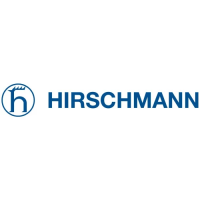Routing and WAN connections
BAT54-Rail/F..
Release
7.54
06/08
11.7
Changes in other services
403
The value set here sets the upper limit for the delay—the actual delay is
a random value between one second and the value set here.
D Possible values: 0 to 99 seconds.
D Default: 5
U Triggered update in the WAN
Other than in the LAN, WAN bandwidth limitations may make regular up-
dates every 30 seconds undesirable. For this reason, RFC 2091 requires
that routes are transmitted to the WAN once only when the connection is es-
tablished. After this, updates only are transmitted.
Because updates are explicitly requested here, broadcasts or multicasts are
not to be used for delivering RIP messages. Instead, the the subsidiary de-
vice must be statically configured with the IP address of the next available
router at the central location. Due to these requests, the central router knows
which subsidiary routers it has received update requests from; it then sends
any messages on route changes directly to the subsidiary device.
The WAN-RIP table has been extended for configuring the triggered update
in the WAN.
D RFC 2091
This setting defines whether updates should be carried out in line with
RFC 2091.
D Possible values: Yes/No
D Default: No
D Gateway
IP address for the next available router.
D Possible values: Valid IP address
D Default: 0.0.0.0
D Special values: If 0.0.0.0 is entered, the gateway address is deter-
mined from PPP negotiation.
Note: In a router at the central location, RFC 2091 can be switched off and
the gateway can remain on 0.0.0.0 because the central location always
observes the requests from the subsidiaries.
Note: The BAT automatically reverts to standard RIP if the indicated gateway
does not support RFC 2091.

